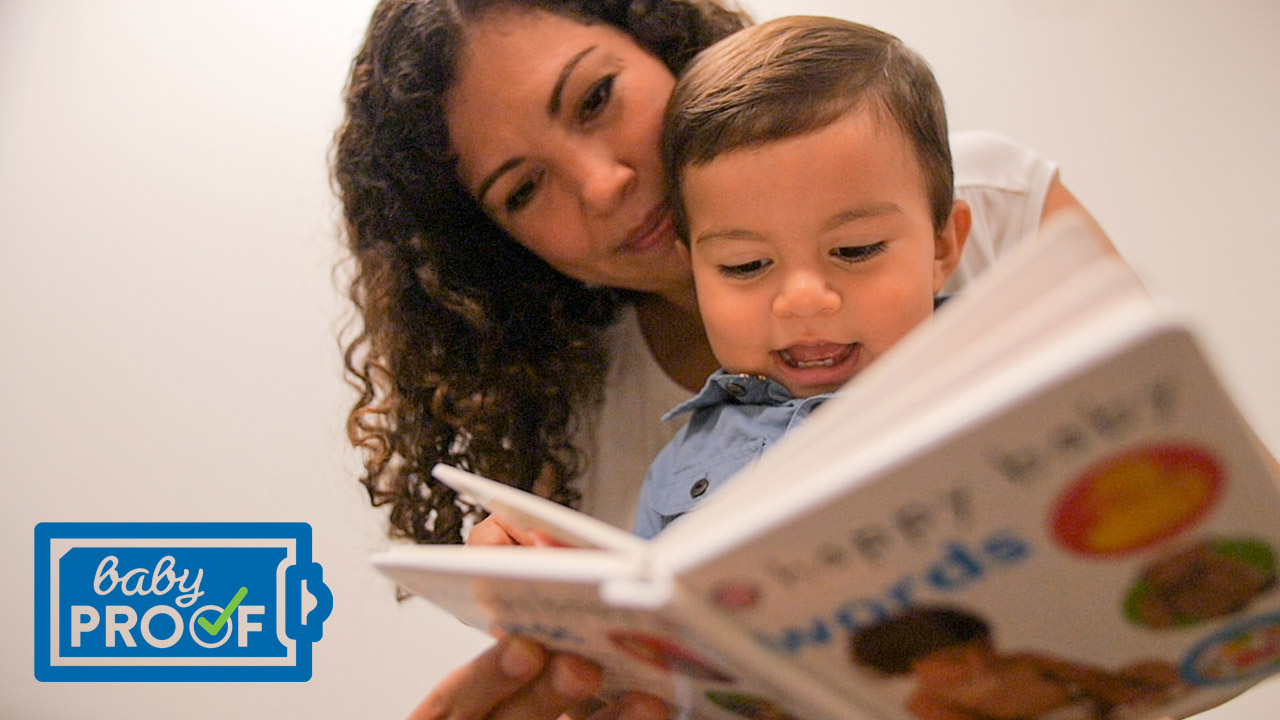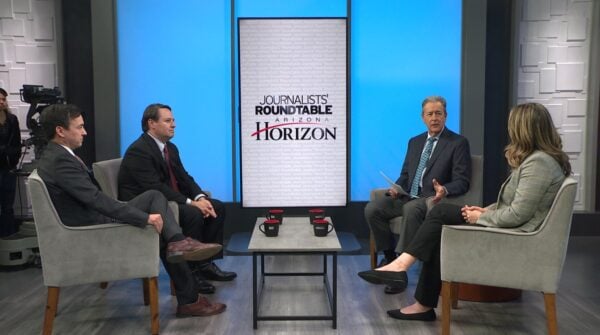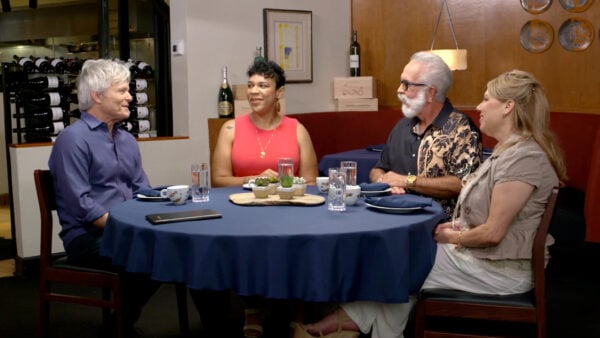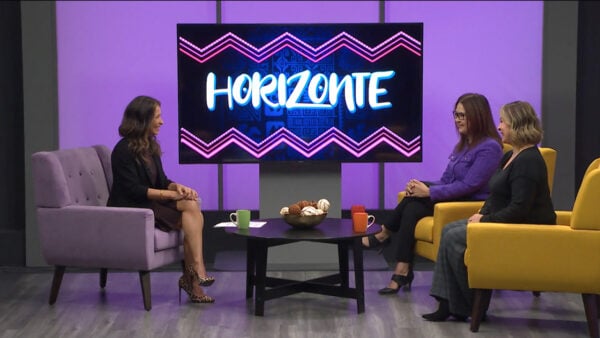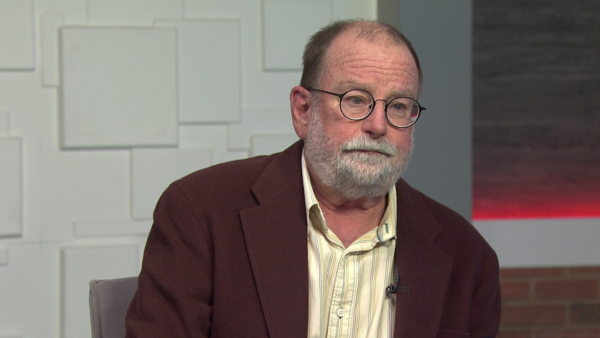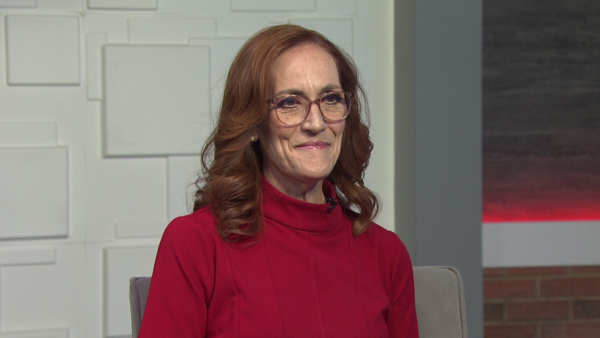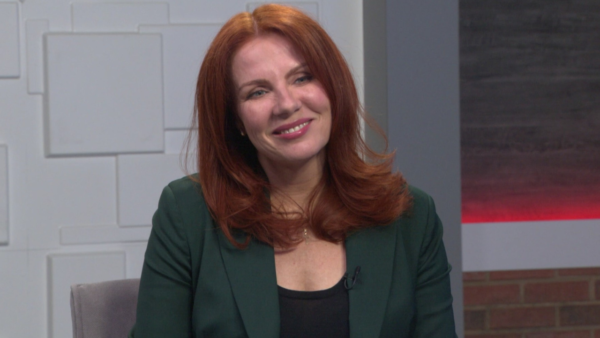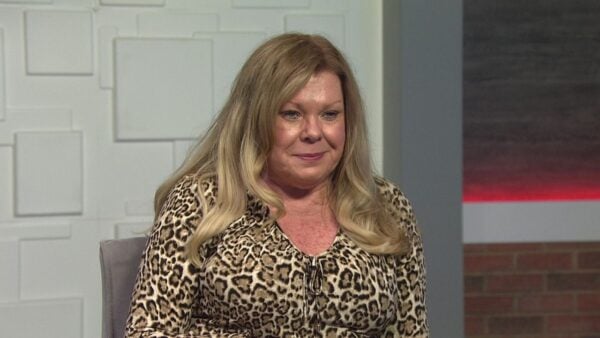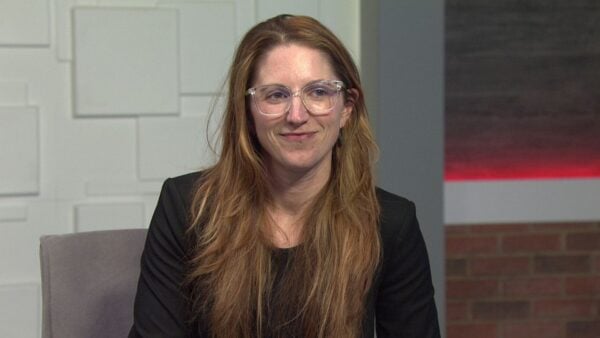Studies show that reading books with your young children does more than help them learn words and develop language skills. It also helps them learn to pay attention, set goals and control themselves.
These important life skills – part of what’s known as executive function – start to develop in early childhood.
As pediatrician Dr. Perri Klass wrote in a New York Times article, getting books into the hands and homes of young children helps “foster the language-rich parent-child interactions that build children’s brains.”
Dr. Klass serves as national medical director of Reach Out and Read, a program working with pediatricians to encourage parents to read with their young children. Doctors in the program talk to parents about “serve and return” interactions that are proven to promote positive brain development, like asking questions and letting your child help tell the story.
What does all this talk about brain research mean for the parent of a baby, toddler or preschooler? Read with your child every day.
As Dr. Klass pointed out, reading with a one-year-old “is less about reciting all the words of a story and more about pointing and naming, question and answer, and of course about the affection and sense of security that will leave a child with positive associations with books and reading.” As the saying goes, “the love of books begins in the parents’ arms.”
It’s this type of interaction with your son or daughter that will help their brain develop. It’s not just that your child will begin to recognize letters and eventually words. Reading together is also teaching them life skills they will carry with them through adulthood.
About First Things First

First Things First is Arizona’s early childhood agency, committed to the healthy development and learning of young children from birth to age 5. Learn more about early childhood programs at FirstThingsFirst.org.
